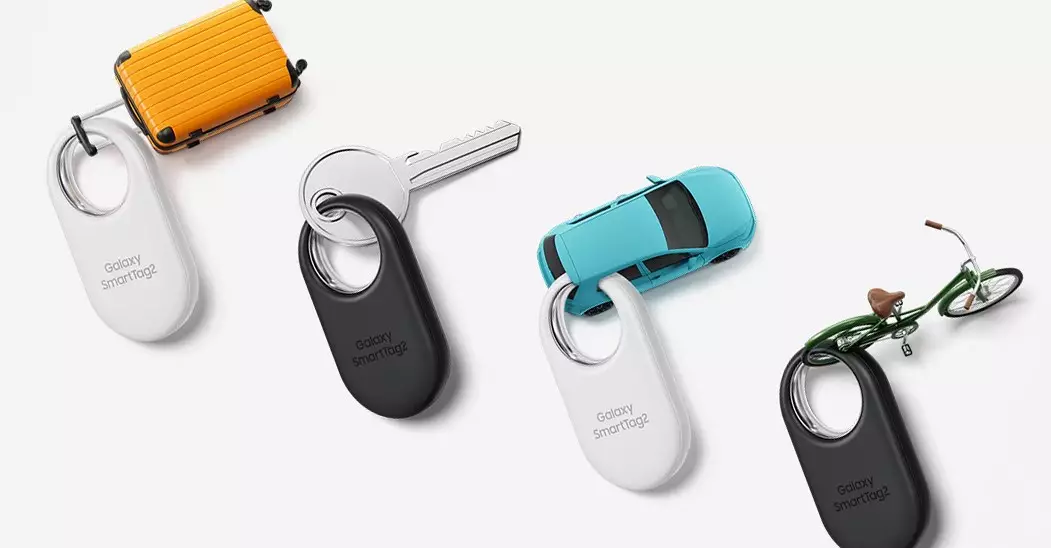In a technology landscape increasingly influenced by sophisticated tracking solutions, smart trackers have become an everyday necessity. With companies like Apple and Samsung leading the charge, innovations in this sector provide crucial means for locating lost items, pets, or even loved ones. Samsung’s SmartTags, for instance, utilize the Galaxy Find network to mirror functionalities akin to Apple’s AirTags, both leveraging ultra-wideband (UWB) technology for precise item tracking. However, the inherent limitation is that these trackers are designed primarily for Samsung Galaxy devices. This aspect can leave users of other Android devices feeling neglected. Enter uTag, an open-source application that bridges this compatibility gap.
Developed by Kieron Quinn, uTag stands as a revolutionary tool designed to extend the capabilities of Samsung SmartTags to any Android device running version 11 or newer. This unlocking feature is monumental, as it eliminates the exclusive ecosystem issues posed by Samsung’s SmartThings app, which, while rich in functionality, restricts users to a world confined to Samsung products. By leveraging uTag, users of all brands can now enjoy seamless integration of tracking technologies that were once out of their reach.
The crux of uTag’s appeal lies in its ability to replicate most features available on Samsung’s traditional apps, including location tracking, notifications when tags are left behind, and even sound alerts. These features significantly enhance user experience, especially for those who often misplace items. Additionally, the app introduces functionalities not found in the original SmartThings app. For instance, the automatic periodic scanning for unknown tags ensures that users can remain aware of their surroundings and any potential tracking devices that may be nearby.
One of the more pertinent aspects of any tracking application is the concern over user data. As Quinn has made uTag available as an open-source solution, transparency is a core principle guiding its design. Users can scrutinize the app’s code, alleviating fears about invasive data practices. Although risks remain when interacting with third-party applications, the open nature of uTag provides an environment where user credentials are treated with care. By requiring users to log into their Samsung account, uTag seeks to ensure that necessary permissions and functionalities are granted without compromising user security.
It’s essential to recognize that while open-source solutions like uTag can offer advantages, the industry still grapples with general apprehensions surrounding privacy. Users should always approach such applications with caution, understanding what permissions are being requested and how their data may be used.
The installation process for uTag is relatively straightforward, provided that users source the app from GitHub as an APK download. During installation, users are guided through setup steps that include the installation of a modified version of SmartThings, enabling compatibility with non-Galaxy devices. This modification might be a technical hurdle for some, but those accustomed to navigating APK files will find it manageable.
Once installed, users must sign in to both uTag and the modified SmartThings app to access functionalities and connect with Samsung’s application programming interfaces (APIs). While this may seem cumbersome to some, it ultimately allows for the enhanced tracking experience they seek.
UTag emerges as not only a technical triumph that empowers users beyond the confines of Samsung Galaxy devices but also sets a precedent for inclusivity in the smart tracking landscape. By democratizing access to advanced tracking technologies, uTag urges competitors to elevate their offerings and reassess ecosystem restrictions. With ongoing advancements in this sphere, it appears that the future of smart tracking is not bound to a single device lineage but instead is set to create a more integrated and user-centric experience for all. As innovation continues to blossom in this realm, both developers and users should champion open-source initiatives that drive accessibility and transparency.

